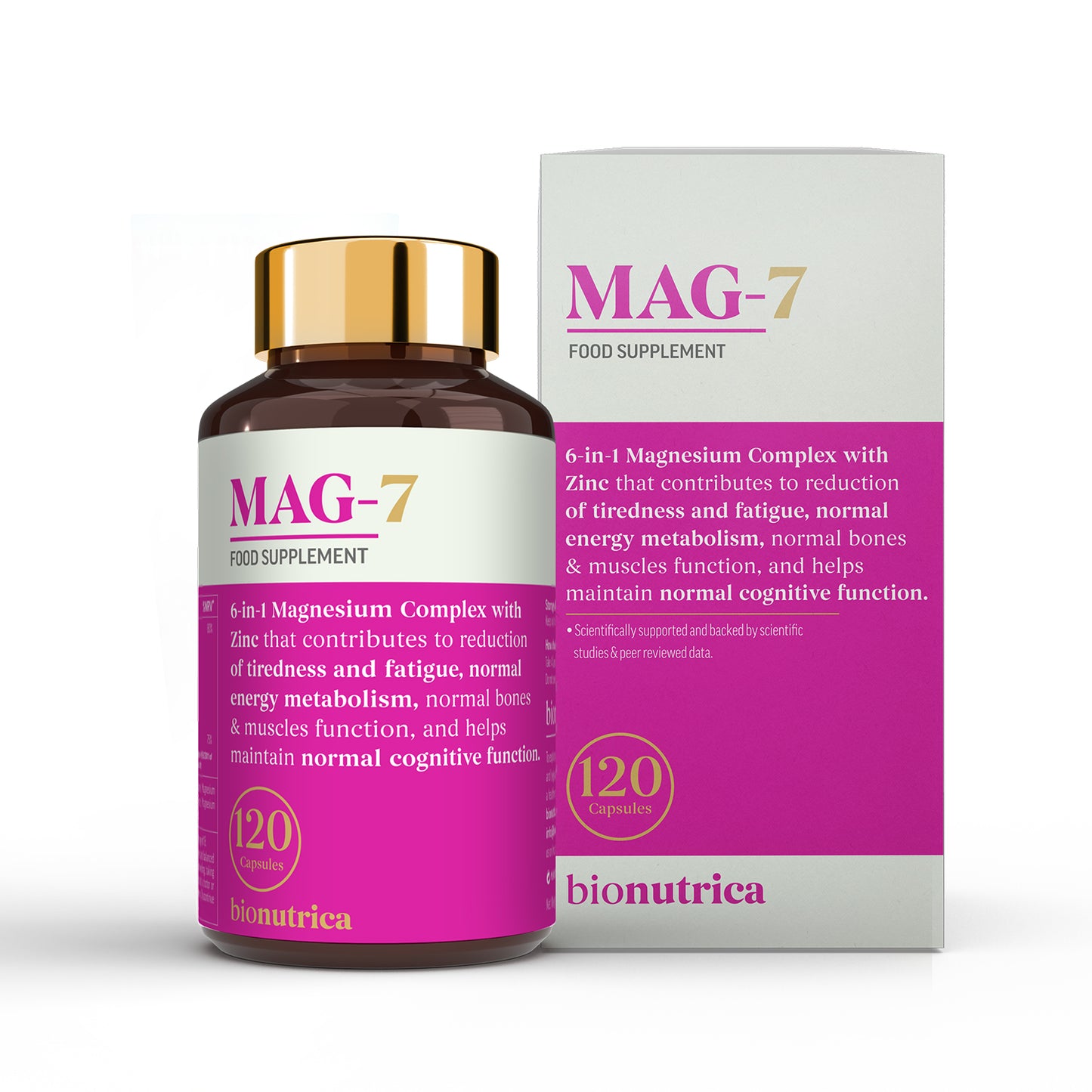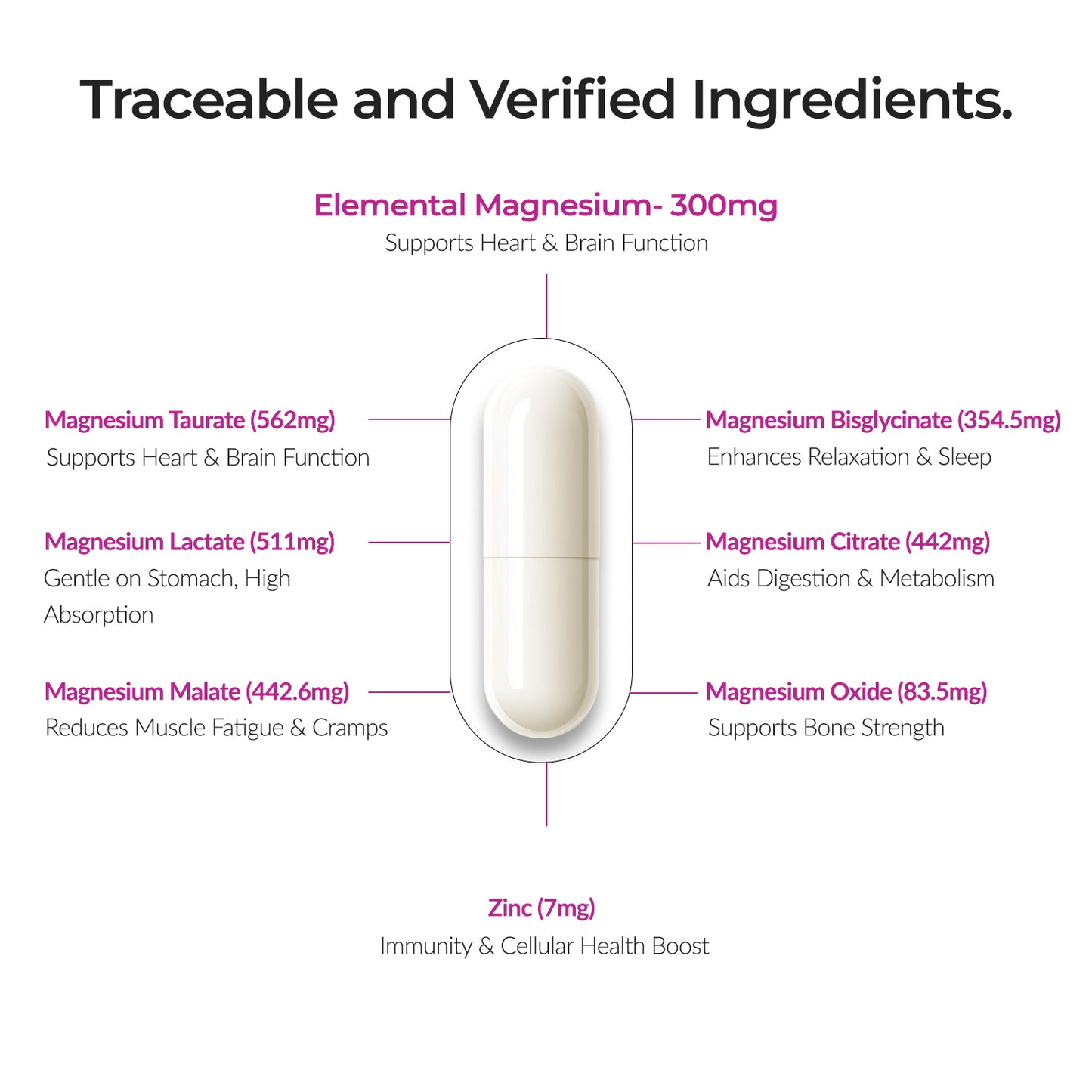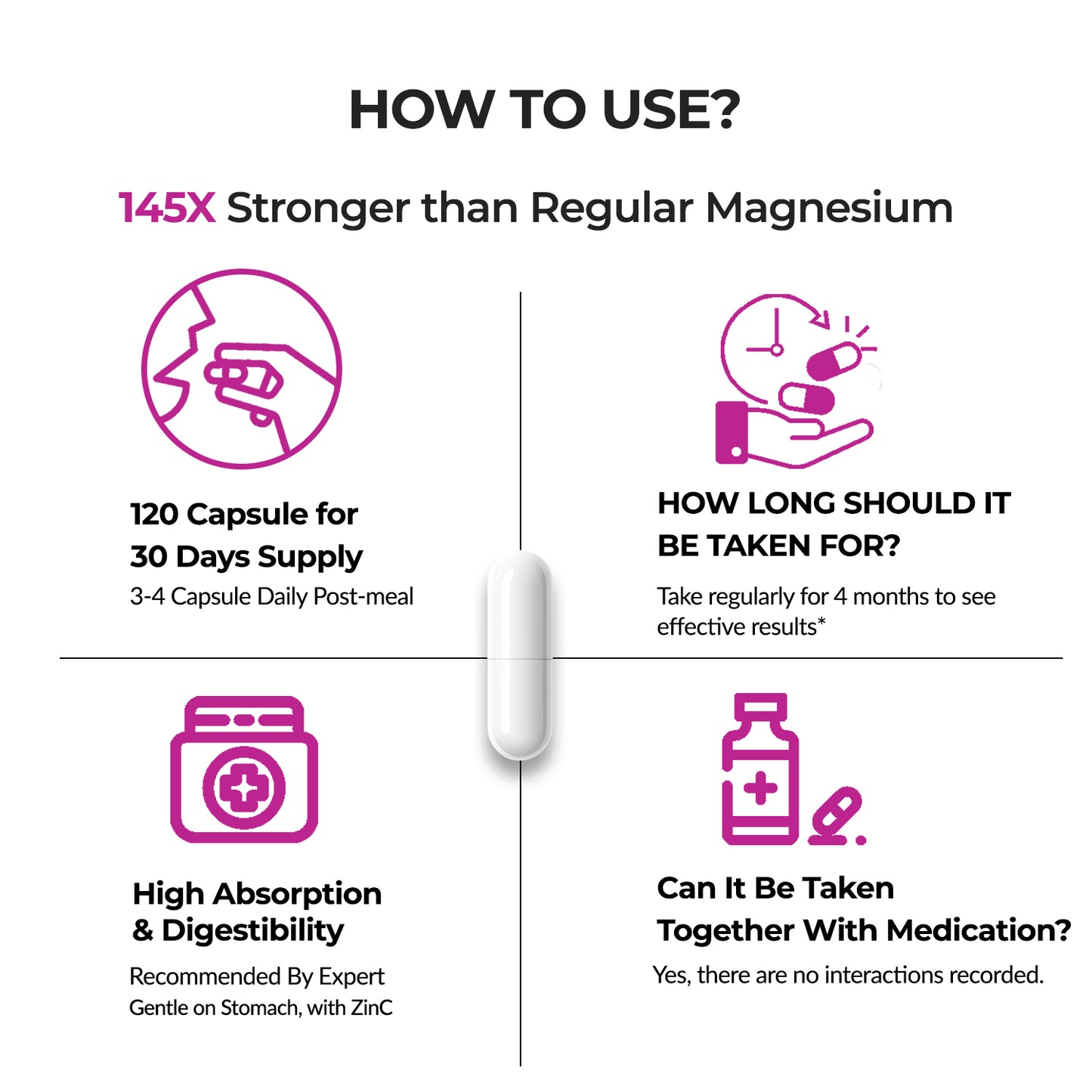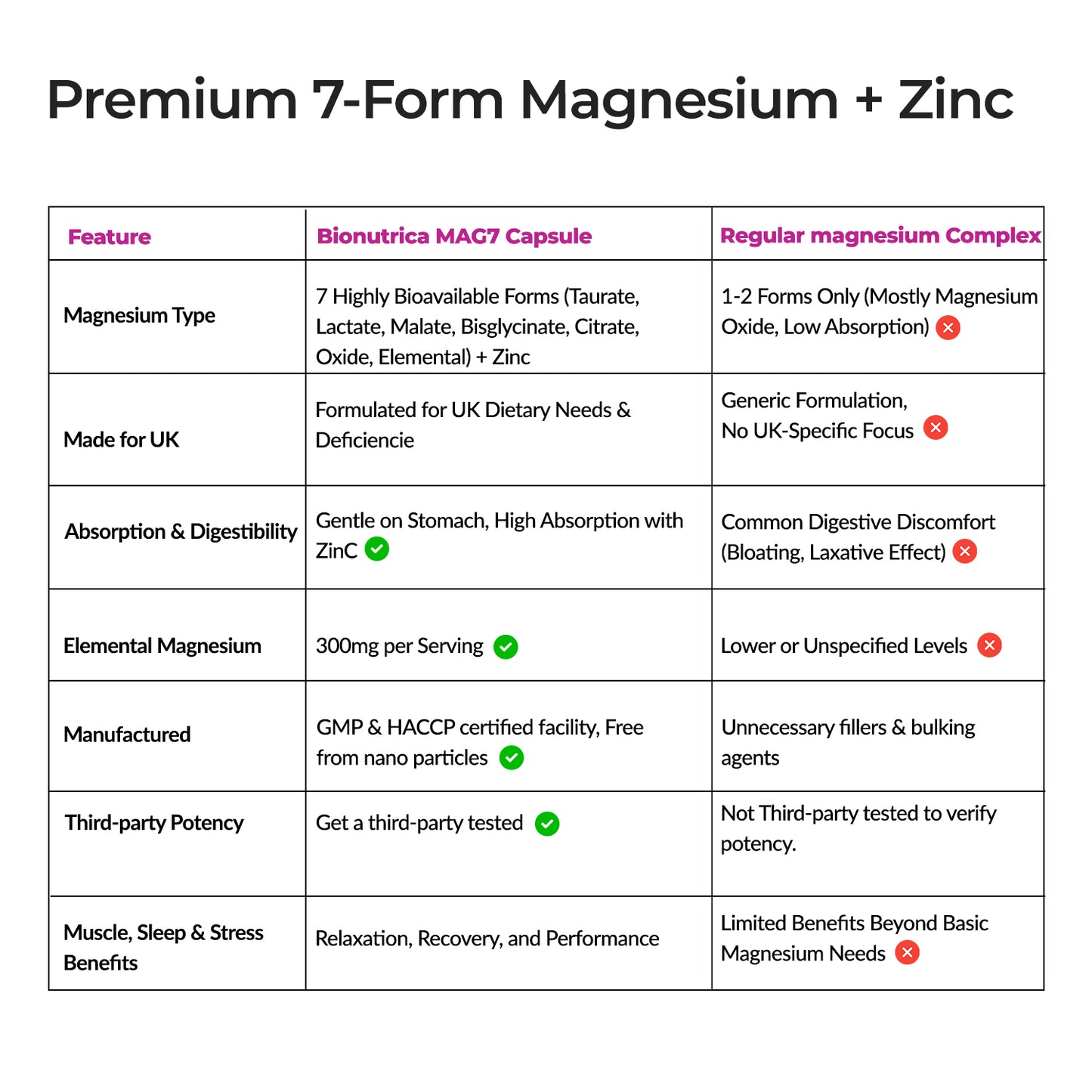Choosing the right multivitamin can be confusing, especially with the rise in plant-based diets and the growing demand for vegan supplements. But how do vegan multivitamins really compare to regular ones? Are they better for your health or just better for your values?
In this blog, we’ll break down the key differences, benefits, and things to watch out for when choosing between vegan and non-vegan multivitamins. Plus, we’ve included a colourful comparison table to help you decide which one suits you best.
What Are Vegan Multivitamins?
Vegan multivitamins are dietary supplements made entirely without animal-derived ingredients. They are designed to meet the nutritional needs of individuals following a vegan or plant-based lifestyle.
These multivitamins avoid ingredients like gelatin, lanolin (from sheep's wool), and fish oil, replacing them with plant-based or synthetic alternatives. They're also usually free from dairy, eggs, and sometimes even common allergens like gluten and soy.
What Makes Regular Multivitamins Different?
Regular multivitamins are the standard supplements that may include animal-based ingredients. These can include:
- Gelatin capsules (from animal bones or skin)
- Vitamin D3 from lanolin (sheep's wool)
- Omega-3s from fish oil
- Vitamin B12 from animal sources
They may be suitable for omnivores and vegetarians but not for strict vegans.
Comparison Table: Vegan vs Regular Multivitamins
| Feature | Vegan Multivitamins | Regular Multivitamins |
|---|---|---|
| Source of Ingredients | 100% plant-based or synthetic | May contain animal-derived sources |
| Suitability | Vegan, vegetarian, allergen-friendly | Omnivores, vegetarians |
| Common Nutrients | B12, D2, iron, iodine, omega-3 (algae) | B12, D3, calcium, omega-3 (fish) |
| Price Range | Often slightly more expensive | Generally more affordable |
| Environmental Impact | Lower carbon footprint | Higher carbon footprint |
Pros of Vegan Multivitamins
- Ideal for people with ethical or dietary restrictions
- Often free from allergens and artificial additives
- Includes plant-based or synthetic vitamin D2 or D3 (from lichen)
- Eco-friendly and sustainable
Pros of Regular Multivitamins
- More variety and wider availability
- May offer more bioavailable forms of nutrients (e.g., D3 from lanolin)
- Typically lower in cost
- Trusted by long-standing supplement brands
Which One Should You Choose?
It ultimately depends on your lifestyle and health goals. If you follow a plant-based diet, have ethical concerns, or want a cleaner supplement, a vegan multivitamin is your best bet. If you’re looking for convenience, lower cost, and aren’t concerned about animal ingredients, regular multivitamins may work well for you.
Either way, make sure the supplement:
- Meets your daily nutritional needs
- Has the nutrients you may lack in your diet
- Is certified or tested by reputable sources
Final Thoughts & Actionable Tips
Both vegan and regular multivitamins can support your health when chosen wisely. Here are some quick tips to help you decide:
- Read the label: Look for third-party testing and certifications.
- Match it to your diet: Choose a formula that fills your unique nutritional gaps.
- Check for allergens: Especially if you have sensitivities to soy, gluten, or dairy.
- Be consistent: Whichever you choose, take it regularly as part of a healthy routine.
In the end, the best multivitamin is the one that fits your body, your beliefs, and your budget. Whether you go vegan or stick to the traditional route, always aim for quality, balance, and long-term wellness.









